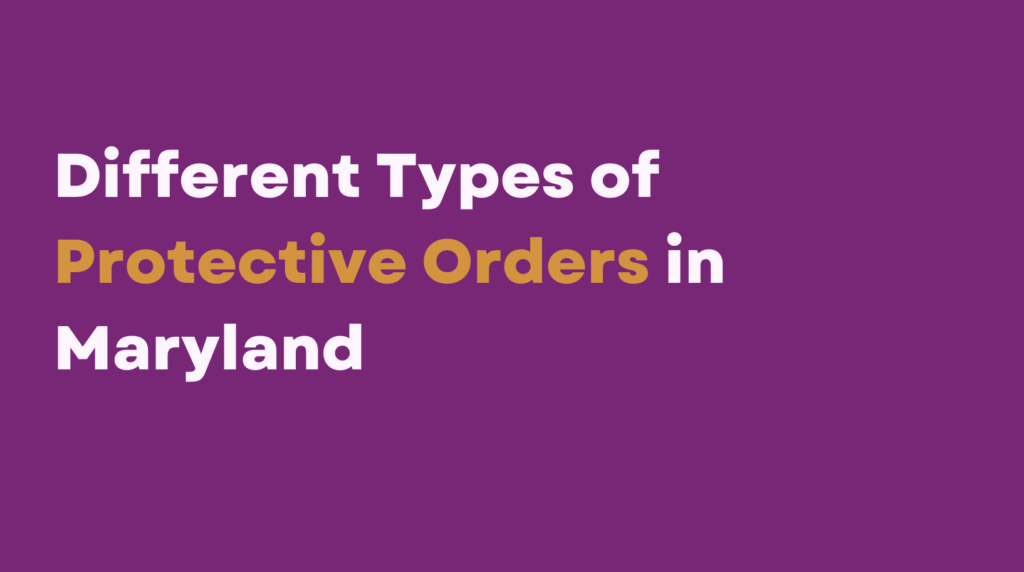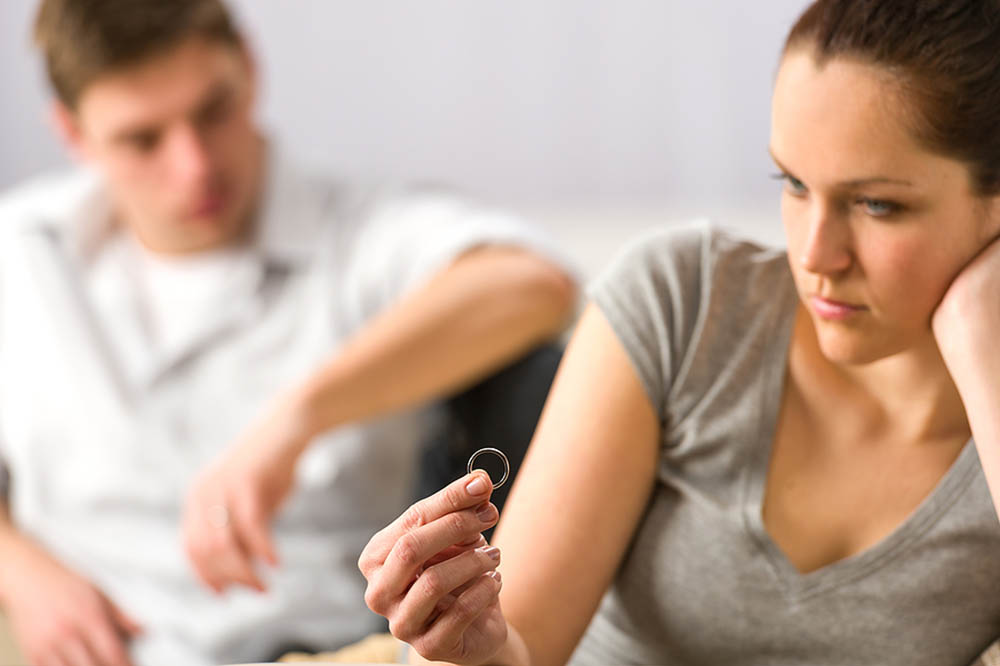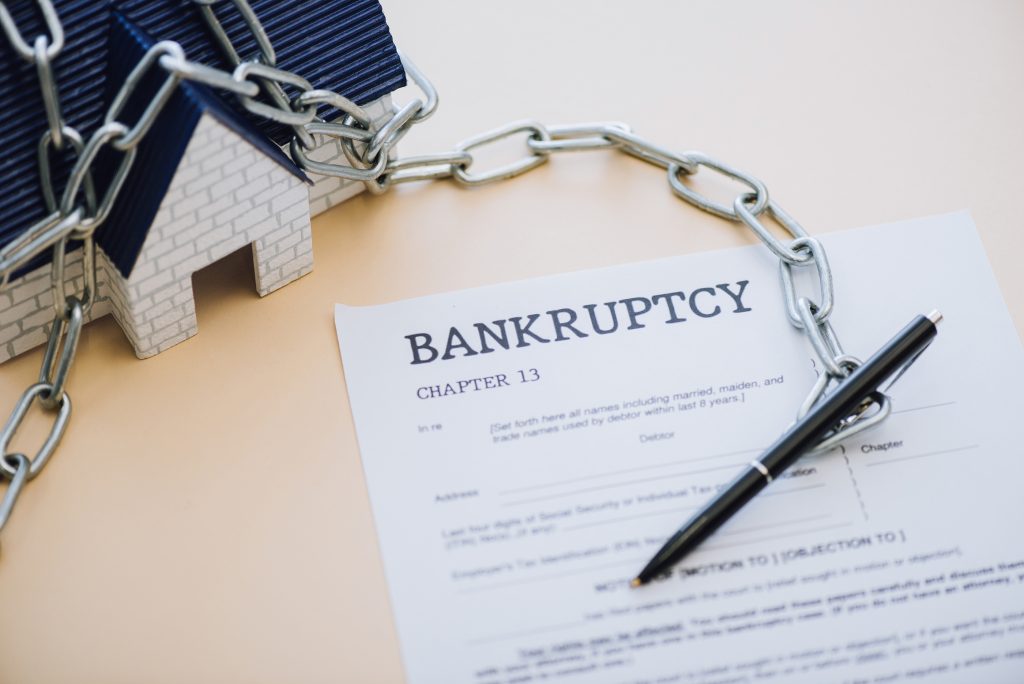How Does Maryland Law Address Ride-Sharing Accidents?
In Maryland, ride-sharing services like Uber and Lyft have become increasingly popular. However, with this new technology comes a new set of legal challenges, especially when it comes to personal injury claims. If you’re injured in an accident involving a ride-sharing vehicle, the legal process can be complex.
Under Maryland law, ride-sharing companies are required to carry a $1 million insurance policy to cover injuries and damages that occur during a ride. This policy is in effect from the moment a driver accepts a ride request until the passenger is dropped off. However, if an accident occurs when the driver is logged into the app but hasn’t accepted a ride, the coverage is significantly less.
Let’s consider a hypothetical situation- Suppose you’re a passenger in an Uber, and your driver runs a red light, causing an accident. In this case, Uber’s $1 million policy should cover your injuries. However, if the driver was not on an active ride but was simply logged into the app, the coverage would be much less, and you may need to seek compensation from the driver’s personal insurance.
What If I’m Injured While Using an E-Scooter?
E-scooters, another emerging technology, have also brought about new legal considerations. In Maryland, e-scooters are considered vehicles, and riders must adhere to the same traffic laws as motorists. This means that if you’re injured while riding an e-scooter due to someone else’s negligence, you may be entitled to compensation.
However, the process of seeking compensation can be complicated. Many e-scooter companies, like Bird and Lime, include clauses in their user agreements that limit their liability in the event of an accident. This means that if you’re injured while using one of these scooters, you may face challenges in seeking compensation from the company.
What Are Some Other Devices That Might Cause Personal Injury?
- Self-driving cars – Self-driving cars, also known as autonomous vehicles, are another new technology that is becoming increasingly common on Maryland roads. These vehicles use advanced technology to navigate without a human driver, but they are not infallible and accidents can occur.
Let’s say you’re walking across a crosswalk when a self-driving car fails to stop and hits you. In this case, you might have a personal injury claim against the manufacturer of the car if it can be proven that there was a defect in the vehicle’s autonomous driving system.
- Drones – Drones, or unmanned aerial vehicles, are another new technology that can potentially cause personal injury. In Maryland, drone operators are required to follow Federal Aviation Administration (FAA) regulations, which include not flying over people or moving vehicles.
Imagine you’re at a park and a drone suddenly falls from the sky, hitting you. If the operator was not following all FAA regulations, an experienced lawyer might be able to prove negligence.
- Robots – Robots are increasingly being used in a variety of settings, from manufacturing to healthcare. If you’re injured by a robot, whether it’s a manufacturing robot in a factory or a robotic surgical device in a hospital, you may have a personal injury claim.
For example, let’s say you’re undergoing a surgical procedure and a robotic surgical device malfunctions, causing you injury. In this case, you might have a claim against the manufacturer of the device, the hospital, or even the surgeon who was operating the device.
- Hoverboards – Hoverboards, also known as self-balancing scooters, have gained popularity in recent years. However, they have also been linked to numerous accidents and injuries. In Maryland, if you’re injured while using a hoverboard due to a defect or malfunction, you may have a personal injury claim.
- Virtual reality devices – Virtual reality (VR) devices are another emerging technology that can potentially cause personal injury. These devices immerse users in a simulated environment, but they can also pose physical risks, such as tripping or colliding with real-world objects.
- Electric bikes – Electric bikes, or e-bikes, are becoming increasingly popular in Maryland. These bikes use a motor to assist with pedaling, but they can also pose risks, especially if they malfunction or are used negligently.
If you’re injured in an accident involving any of these devices, you may be able to seek compensation from the manufacturer, the software developer, or the owner, depending on the circumstances.
What Should I Do if I’m Injured in an Accident Involving New Technology?
If you’re injured in an accident involving a ride-sharing vehicle or an e-scooter, it’s important to take immediate action. Seek medical attention, document the accident, and contact an experienced personal injury lawyer.
Remember, the laws surrounding these new technologies are complex and constantly evolving. An experienced lawyer will understand these complexities and can help protect your rights.
How Can an Experienced Lawyer Help?
Navigating the legal landscape of new technologies can be complex and confusing. An experienced personal injury lawyer will be able to assist you with the process, ensuring that you understand your rights and options.
A lawyer can help you gather evidence, enter negotiations with insurance companies, and represent you in court if necessary. They can also make you aware of the fine print in user agreements and insurance policies, ensuring that you’re not unknowingly waiving your rights.
For instance, if you’re injured in a ride-sharing accident, a lawyer can help determine whether the driver, the ride-sharing company, or another party is liable. They can also help ensure that you receive the full compensation you’re entitled to under Maryland law.
If you have been involved in an accident involving new technology like ride-sharing or e-scooters, self-driving cars, drones, robots, hoverboards, virtual reality devices, or electric bikes, call Paré & Associates today at 301-962-2492 for a free case evaluation!





